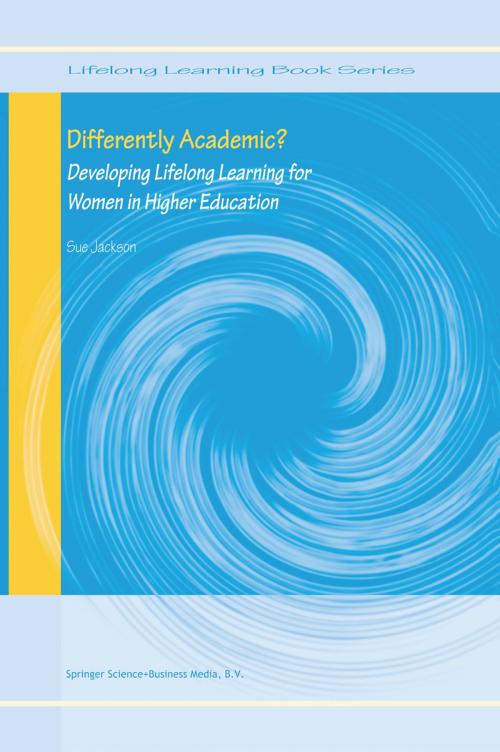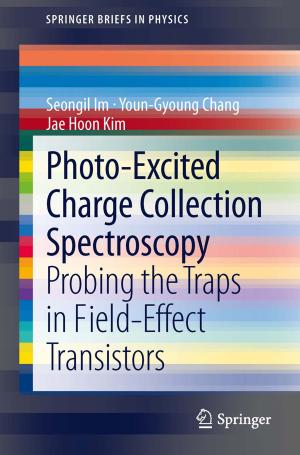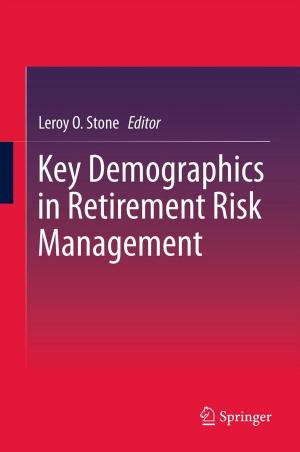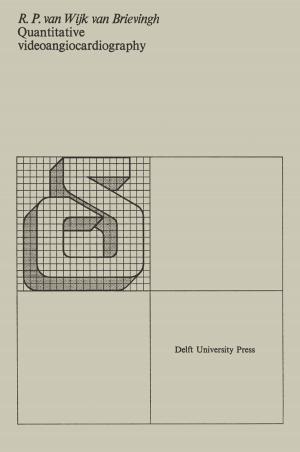Differently Academic?
Developing Lifelong Learning for Women in Higher Education
Nonfiction, Reference & Language, Education & Teaching, Educational Theory, Philosophy & Social Aspects, Higher Education| Author: | Sue Jackson | ISBN: | 9781402027321 |
| Publisher: | Springer Netherlands | Publication: | March 9, 2013 |
| Imprint: | Springer | Language: | English |
| Author: | Sue Jackson |
| ISBN: | 9781402027321 |
| Publisher: | Springer Netherlands |
| Publication: | March 9, 2013 |
| Imprint: | Springer |
| Language: | English |
Lifelong learning is a key feature of society today, and is apparently embraced by a wide range of educators and trainers, as well as by governments and employers. In this wide-ranging book, Sue Jackson shows that universities have been slow to embrace a lifelong learning agenda, and argues that the lifelong learning experiences of women – and especially of working-class students – are seldom welcomed in the academy.
In its unique considerations of the experiences of women students and academics, this book expounds an innovative and critical analysis of women in higher education. It will give a clear indication of alternative strategies for learners, teachers and policy makers.
This book will be of key interest to anyone working in the fields of lifelong learning or continuing education who is interested in making learning accessible and meaningful for disadvantaged groups. It will also appeal to students of education, women's studies, gender studies and sociology; and to those interested in issues of gender, social class, feminist theory and feminist research.
Lifelong learning is a key feature of society today, and is apparently embraced by a wide range of educators and trainers, as well as by governments and employers. In this wide-ranging book, Sue Jackson shows that universities have been slow to embrace a lifelong learning agenda, and argues that the lifelong learning experiences of women – and especially of working-class students – are seldom welcomed in the academy.
In its unique considerations of the experiences of women students and academics, this book expounds an innovative and critical analysis of women in higher education. It will give a clear indication of alternative strategies for learners, teachers and policy makers.
This book will be of key interest to anyone working in the fields of lifelong learning or continuing education who is interested in making learning accessible and meaningful for disadvantaged groups. It will also appeal to students of education, women's studies, gender studies and sociology; and to those interested in issues of gender, social class, feminist theory and feminist research.















